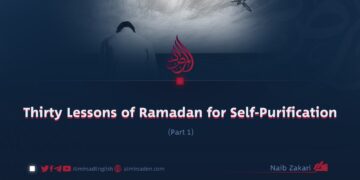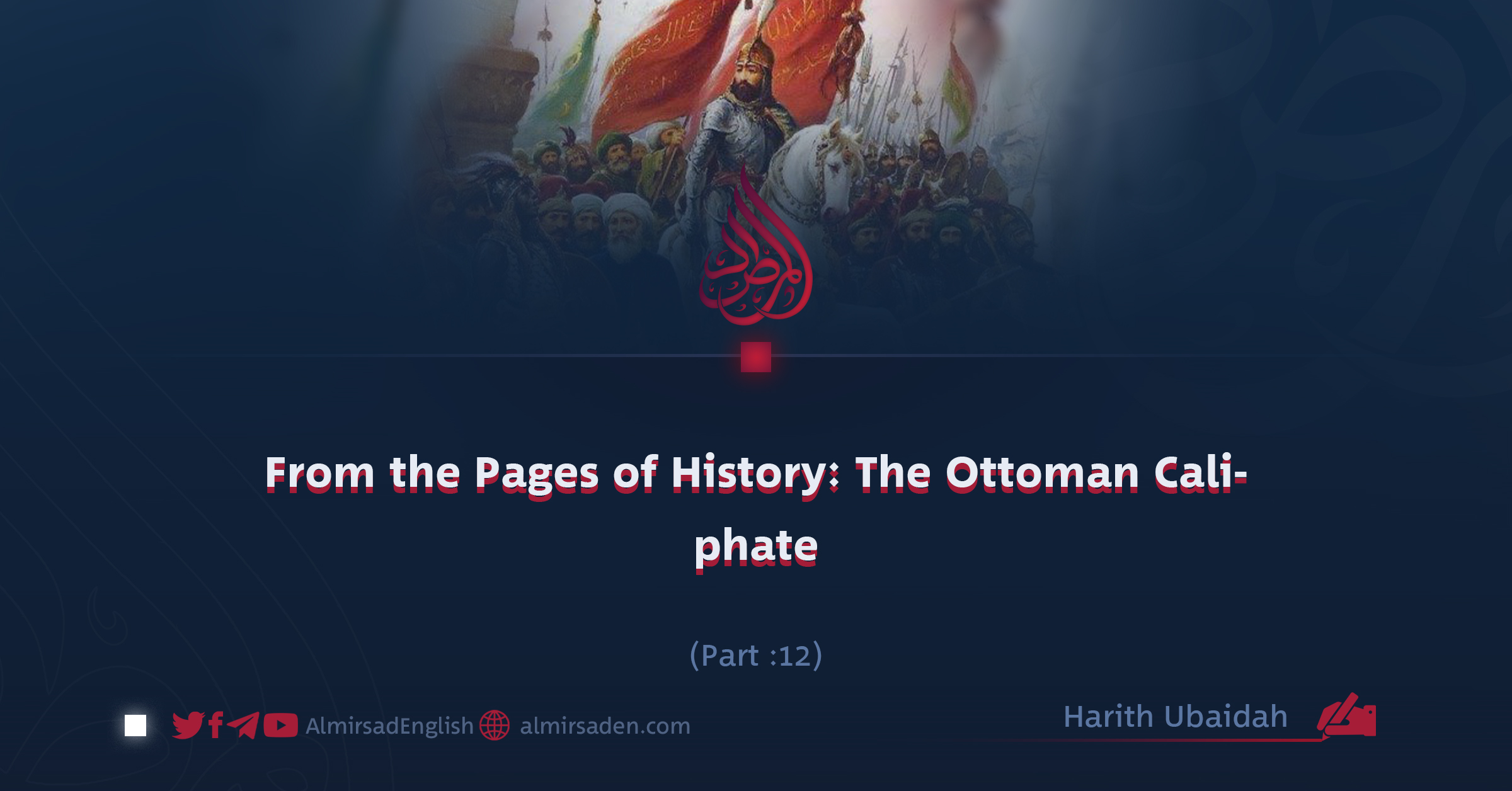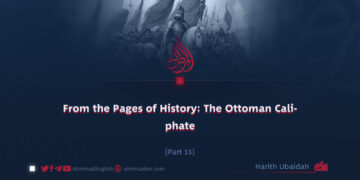Part 12
Author: Harith Ubaidah
In the distinguished work Al-Tarikh Al-Siyasi al-Dawlah al-Uthmaniyah (The Political History of the Ottoman State), it is narrated that Osman (Uthman), the founder of the Ottoman Empire, addressed his son with a timeless testament:
“O my son! The responsibility of spreading Islam, inviting others to the faith, and protecting the wealth and honor of the Muslims rests upon your shoulders. You shall be held accountable before Allah, the Almighty.”
A similar testament is recorded in Mawsū‘at Uthman (The Tragedy of Uthman) with slight variations, wherein Osman imparted the following counsel to his son, Orhan:
“O my son! I am departing to meet my Lord. I take pride in you, for you will govern with justice and wage jihad in the path of Allah to elevate His religion. Oh, my son! Always honor the scholars of the Ummah; never diminish their status. Follow their guidance, for they advise with sincerity. Oh, my son! Refrain from any act that incurs the displeasure of Allah. And should you encounter hardship, seek counsel from the scholars. We seek neither worldly wealth nor self-interest.”
This noble will become a living legacy. The Ottomans remained steadfast in their reverence for scholars and their commitment to jihad. These values were embedded in the fabric of their religious, educational, military, and administrative institutions. With a sincere devotion to Islam, they extended the reach of Islamic civilization to distant lands, laying the foundation for an empire of enduring strength and influence.
By adhering to these principles, the Ottomans attained glory and honor. At the time of Sultan Osman’s passing, the Ottoman dominion had grown to encompass 160,000 square kilometers. He had consolidated his rule across key regions and extended his influence to the shores of the Sea of Marmara. Among his most significant conquests were the Byzantine cities of Iznik (Nicaea) and Bursa—strategic urban centers whose capture marked a pivotal moment in the decline of Byzantine power.
Sultan Orhan bin Osman
Following his father’s death, Sultan Orhan bin Osman assumed leadership and faithfully continued his father’s mission. In 727 AH (1327 CE), he captured Nicomedia, a vital city near present-day Istanbul, now known as Izmit. There, Orhan established the empire’s first university and appointed the distinguished scholar Dawud al-Qaysari—an erudite figure who had studied various Islamic sciences in Egypt—as its head.
In response to the evolving demands of governance and warfare, Orhan initiated the formation of a specialized and disciplined army. Among his aspirations was the fulfillment of the prophecy of the Messenger of Allah (peace and blessings be upon him) concerning the conquest of Constantinople. To this end, he devised a comprehensive strategy to besiege the Byzantine capital through a coordinated assault from both east and west.
As part of this grand vision, Orhan dispatched his son and heir, Suleiman Pasha, to the Western Front. In 758 AH, under the cover of night, Suleiman led a contingent of fifty cavalrymen across the Dardanelles Strait (Hellespont). In a remarkable operation, they seized Roman chain ships and secured critical footholds on the European shore. Upon reaching the eastern banks, Suleiman ordered the troops to advance deeper into Europe.
The Ottomans soon captured the fortress port of Gallipoli (Gelibolu), which included the key fortresses of Çimpe (Janakale), Abydos (Apsala), and Rodosto. These strongholds stretched along the strategic Dardanelles corridor, running from south to north—providing a critical base for future campaigns and paving the way toward Constantinople.
This achievement was not merely a military success; it was a monumental step that empowered all subsequent efforts aimed at conquering the Byzantine capital.
Establishment of the Janissaries – The New Army
One of Sultan Orhan’s most far-reaching reforms was the development of a formal Islamic military system. Unlike the earlier volunteer-based militias, Orhan’s army was meticulously organized into units of tens, hundreds, and thousands. A designated one-fifth of war spoils was allocated to finance military operations, ensuring sustainability and efficiency.
To enhance discipline and readiness, Orhan established rigorous training camps where soldiers received structured instruction in both martial and ideological domains. This professional army became a model of strength and dedication.
Orhan further expanded an elite military corps known in Turkish as the Yeniçeri (Janissaries), meaning “New Army.” This force was composed largely of recent converts to Islam—individuals from conquered territories who had embraced the faith. As the Ottoman borders grew, many non-Muslims, formerly antagonistic to Islam, accepted its teachings and were integrated into the social and military structures of the empire.
These new Muslims received a comprehensive education in Islamic beliefs and principles. After completing their spiritual and military training, they were deployed to the frontlines of jihad. Scholars and jurists worked closely with Sultan Orhan to cultivate within them a passion for defending Islam, a thirst for conquest, and a love for striving in the path of Allah.
Their rallying cry in battle echoed with unwavering faith:
“Ya Ghazi, Ya Shaheed” – “Either a Conqueror or a Martyr!”



















































